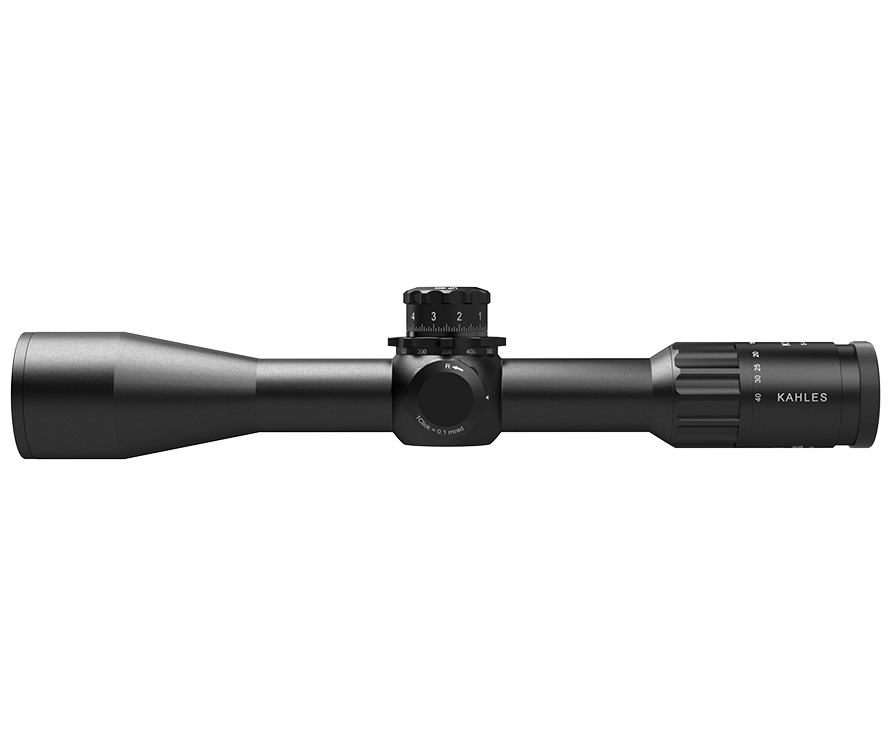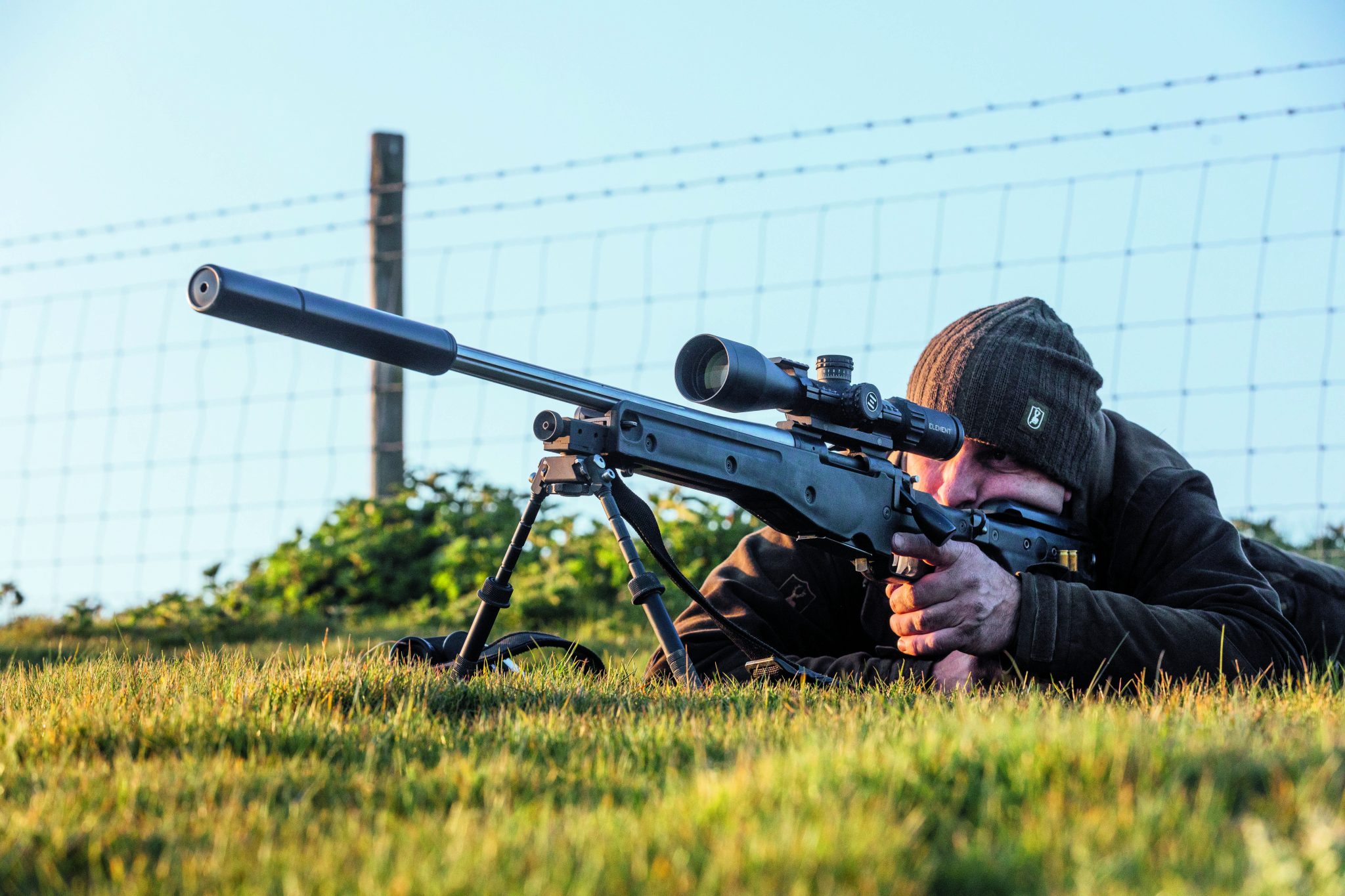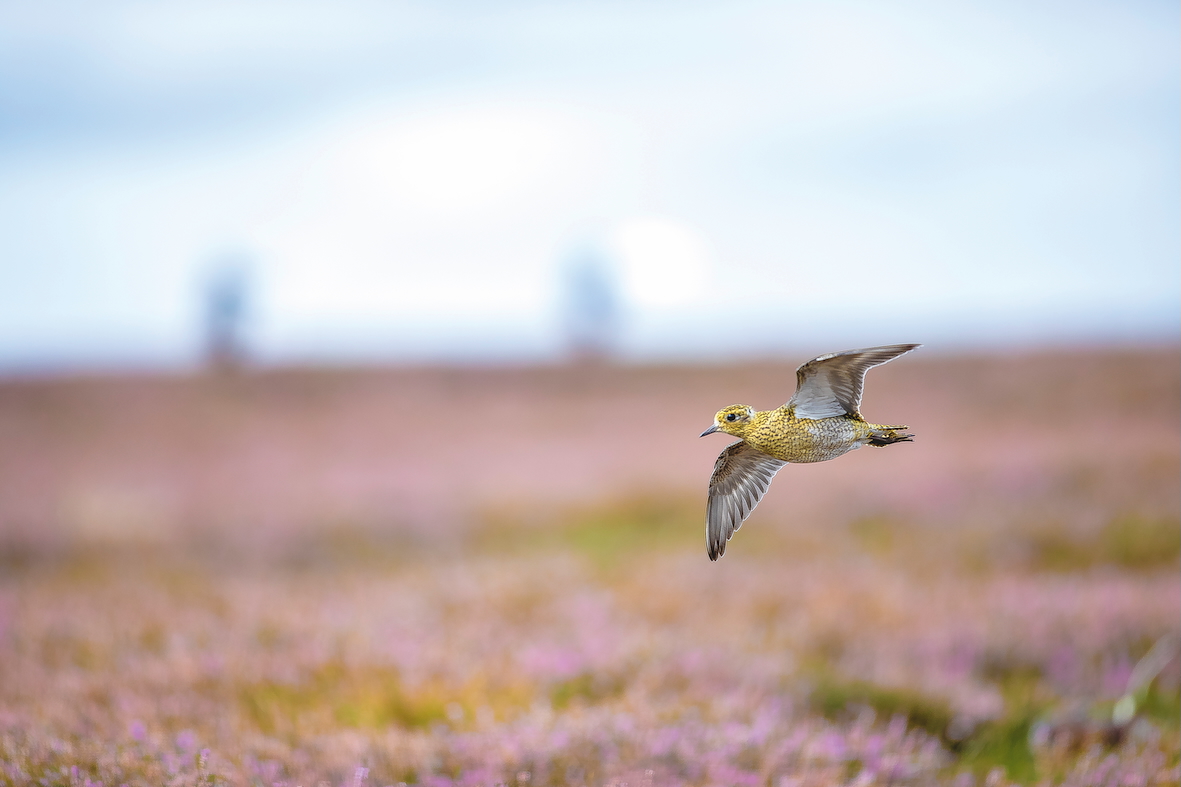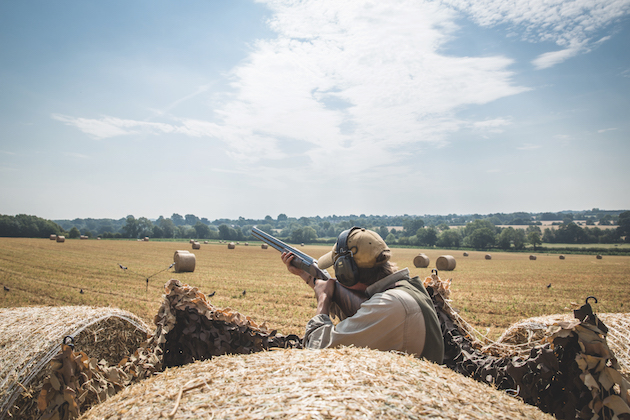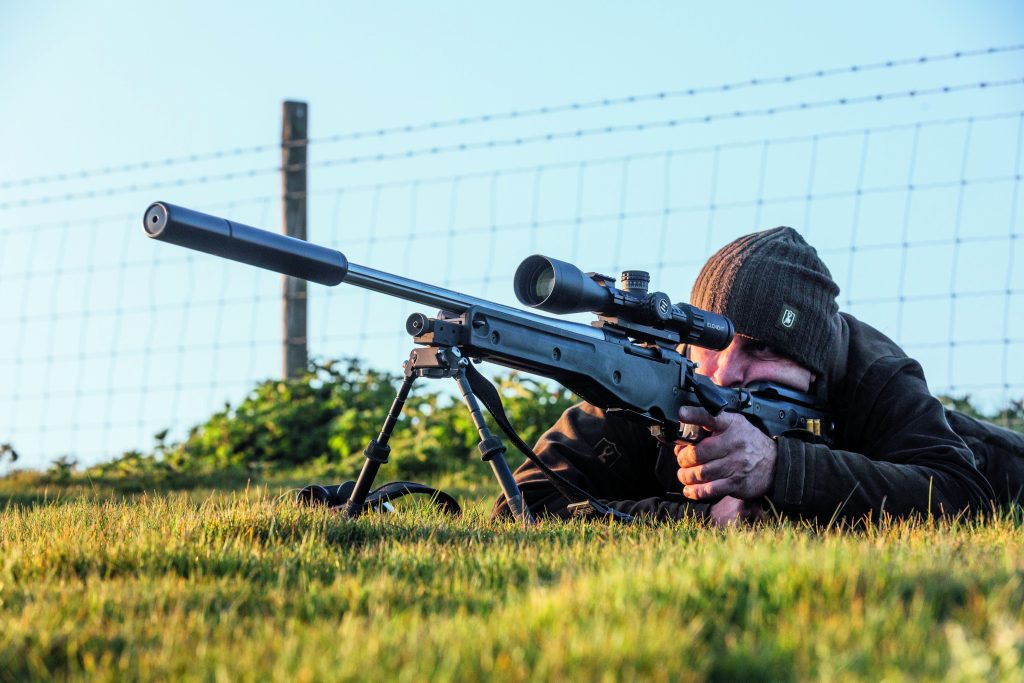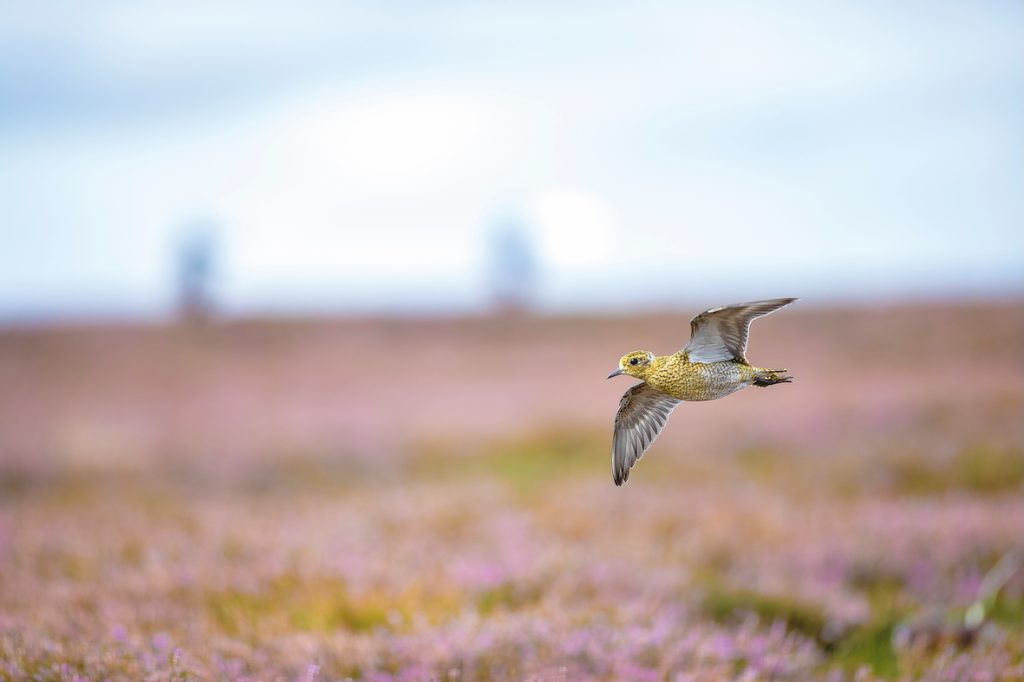News
Are British fieldsports the best in the world?
Would you like to speak to our readers? We offer sponsored articles and advertising to put you in front of our audience. Find out more.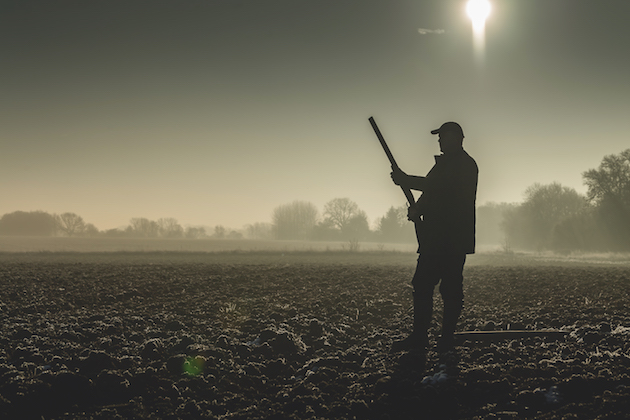
British fieldsports are famous throughout the world. Despite being a small island, we punch well above our weight across an astonishingly wide range of sporting disciplines and there can be few other countries that offer such an exciting combination of fishing, hunting, shooting and stalking.
As a community, we’re united by some basic shared values which are based upon an abiding respect for the countryside, but the reality of a day outdoors might land you anywhere from falconry and pike fishing to ferreting or walked-up ptarmigan.
It’s fair to say that you’ll find bigger stags and grander salmon in other countries, but it’s unlikely you’ll find both species together in a single afternoon. It’s that combination of habitats and opportunities that allows us to stand above the crowd and, while there are some very good reasons to travel abroad for your sport, British shooting surely deserves a good deal of praise for its endless variety.
Wild, rugged mountains run down into saltmarshes and estuaries in the space of a few miles. An afternoon’s mooching around in North Wales can put you under grouse, woodcock, snipe, pheasants and all manner of wildfowl. Jump in the car for a few hours and you’ll find yourself in East Anglia, surrounded on all sides by hares, partridges and cheekily elusive muntjac deer.
Our list of potential quarry species is extensive, and the geography of our island means that everything is close at hand. It’s fair to imagine that a dedicated deerstalker could start the day with a sika in Somerset and end it with another in Sutherland.
Plenty to savour in British fieldsports
There is plenty to savour and enjoy, but I often hear shooting folk complaining about aspects of British sport. It’s not uncommon to hear of people saving up to shoot or fish abroad where the climate is more to their liking, and it’s true that our winters can be long and grim.
For all it can be an exquisite delight to head out shooting on a crisp, frosty morning between November and January, it can be equally exhausting to live in a place where seven hours of dull, bleary light is all you can expect from a day. For many people, shooting is defined by the fact that it often takes place in horrible weather. Some Guns actively relish it and there are a few hosts who seem to derive pleasure from forcing their guests away from a comfortable lunch. Following in this vein, there have been some days when I have prayed for night to fall simply to foreshorten the last rain-soaked drive.
It’s easy to feel confined by short days, but it’s possible to make up the difference after dark by flighting geese or running long-nets for rabbits. Both have a magic of their own, but a nocturnal existence is enough to get anyone down after a while. And while it’s common to complain about the British weather, outdoor conditions have an impact on everything we do — it feels a little unfair to make specific complaints about fieldsports.
To the pessimists, I say that if you bear a grudge against the British winter, remember those scorching August days when the pigeon poured in over the stubble, or the balmy nights casting flies for the chance at a brownie in June. We are not so hard done by after all and the weather is often relative to the situation.
One man’s junk is another man’s treasure and I would gladly embrace low cloud and rain if I could avoid the impossible agony of sunburn, which struck me this summer as I fished for mackerel. There are times when I have been so badly roasted in the sun that I would have given anything for a flake of sleet to fall upon me.
Licensing gripes
Another regular gripe is that we have some of the most restrictive and bureaucratic firearms licensing in the world. This means that we’re extraordinarily safe, but the technical formalities can often be a headache when it comes to applying for a certificate. Even straightforward licence renewals can be confusing and stressful, and muddles around GP verifications simply add another obstacle to a process that is already extremely secure.
This is all part and parcel of living in a country where the political climate often seems to threaten our sport with new rules, regulations and red tape. We are used to feeling on the back foot and coverage of shooting can often be frustratingly negative.
Many people consider shooting to be extremely controversial and the situation is often compounded by noisy arguments on social media. Shooting folk are always ready to defend their sport in debate and conversation, but some of the vitriol and fury expressed online can create quite a threatening environment.
This phenomenon is hardly unique to Britain. Fieldsports are under pressure across the world, but it’s certainly true that many other countries take a more pragmatic approach to hunting, particularly when it comes to wild game.
After a day’s hiking in Lapland, I sat in the pub and watched it fill up with hunters who hung their shotguns on pegs by the door and piled their game on the bar, where it was taken by the manager and exchanged for big jugs of extremely powerful beer. The very idea of doing the same in Britain would be laughable nowadays, but it is worth remembering that this is a relatively recent state of affairs.
A very similar retreat to the pub is described in Nigel Thornycroft’s book, Fowler’s Moon, after a day’s shooting partridges in the Home Counties.
We have an utterly unique sporting culture, which is a constant draw to visitors from overseas. After all, we are the home of tweed, side-by-side shotguns and red grouse that fly with such verve and panache that people travel across the world to try their hand at bagging them.
Sense of unity
Blended into our endlessly complex and variable geography, culture and heritage is a unifying sense of commonality, which brings everything together in a special way. This was never better expressed than at the countryside march in 2002. It hardly mattered whether you were shoulder to shoulder with lurchermen, snipe enthusiasts or grayling fishermen, it was extraordinary to feel part of something bigger than yourself. The unity and open-minded friendliness that defines sporting folk remains the greatest aspect of our community.
If you look hard enough, you will eventually find a downside in everything. It’s no secret that British fieldsports face a number of challenges, but these are overweighed by a host of things to celebrate and enjoy. Taken as a whole, our sporting nation can provide enough to keep every single one of us engrossed for a dozen lifetimes. Surely that is something to be proud of.
Related articles
News
A sound decision as moderators to be taken off licences
The Government has finally confirmed what the shooting community has long argued – that sound moderators should be removed from firearms licensing controls
By Time Well Spent
Gamekeeping news
News
Devastating effects of keepers downing tools
A 20-year experiment highlights the dramatic decline in our red-listed birds after predator control ends, proving the vital role of gamekeepers
By Time Well Spent
Manage Consent
To provide the best experiences, we use technologies like cookies to store and/or access device information. Consenting to these technologies will allow us to process data such as browsing behavior or unique IDs on this site. Not consenting or withdrawing consent, may adversely affect certain features and functions.
Functional Always active
The technical storage or access is strictly necessary for the legitimate purpose of enabling the use of a specific service explicitly requested by the subscriber or user, or for the sole purpose of carrying out the transmission of a communication over an electronic communications network.
Preferences
The technical storage or access is necessary for the legitimate purpose of storing preferences that are not requested by the subscriber or user.
Statistics
The technical storage or access that is used exclusively for statistical purposes.
The technical storage or access that is used exclusively for anonymous statistical purposes. Without a subpoena, voluntary compliance on the part of your Internet Service Provider, or additional records from a third party, information stored or retrieved for this purpose alone cannot usually be used to identify you.
Marketing
The technical storage or access is required to create user profiles to send advertising, or to track the user on a website or across several websites for similar marketing purposes.

